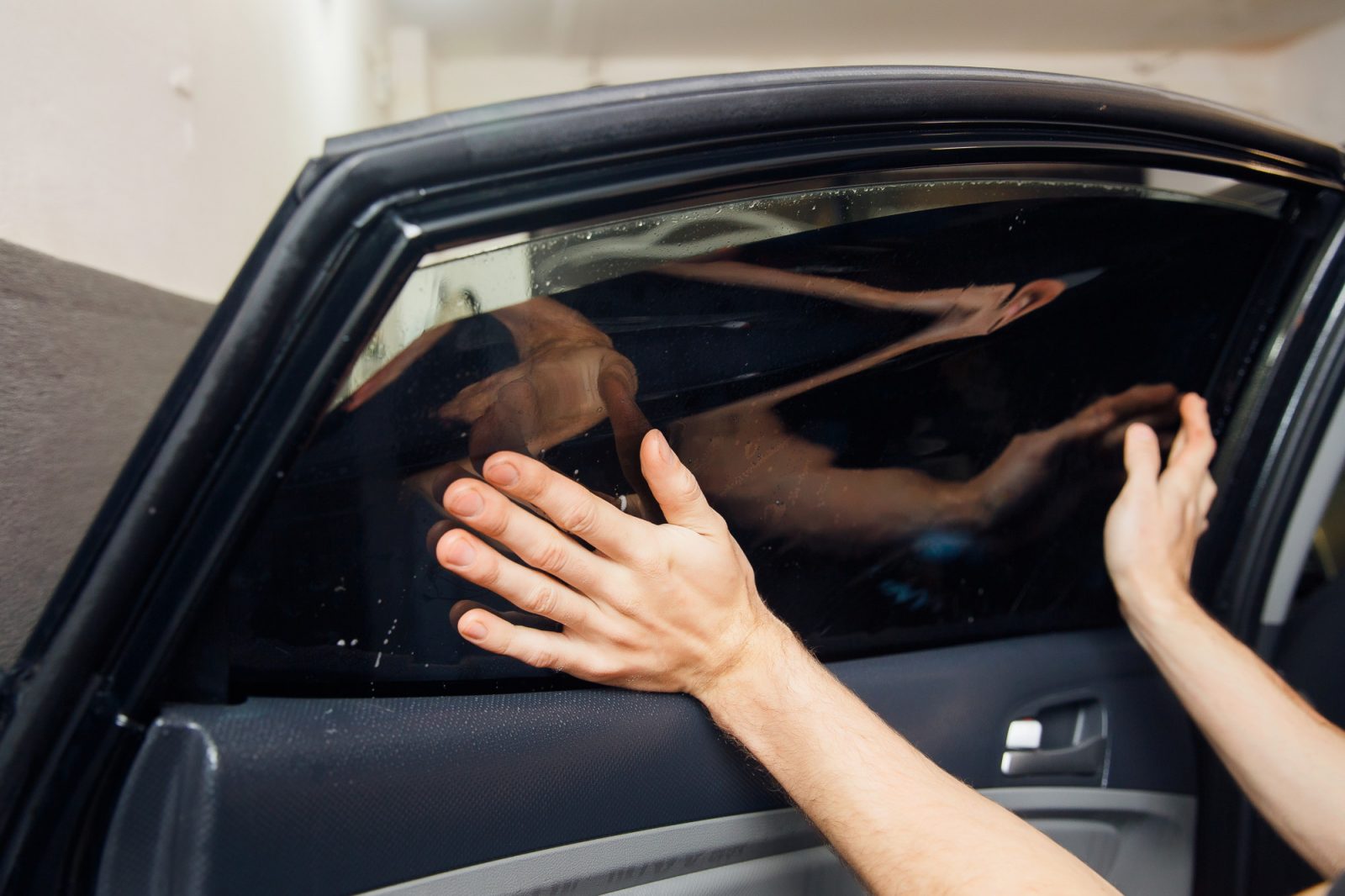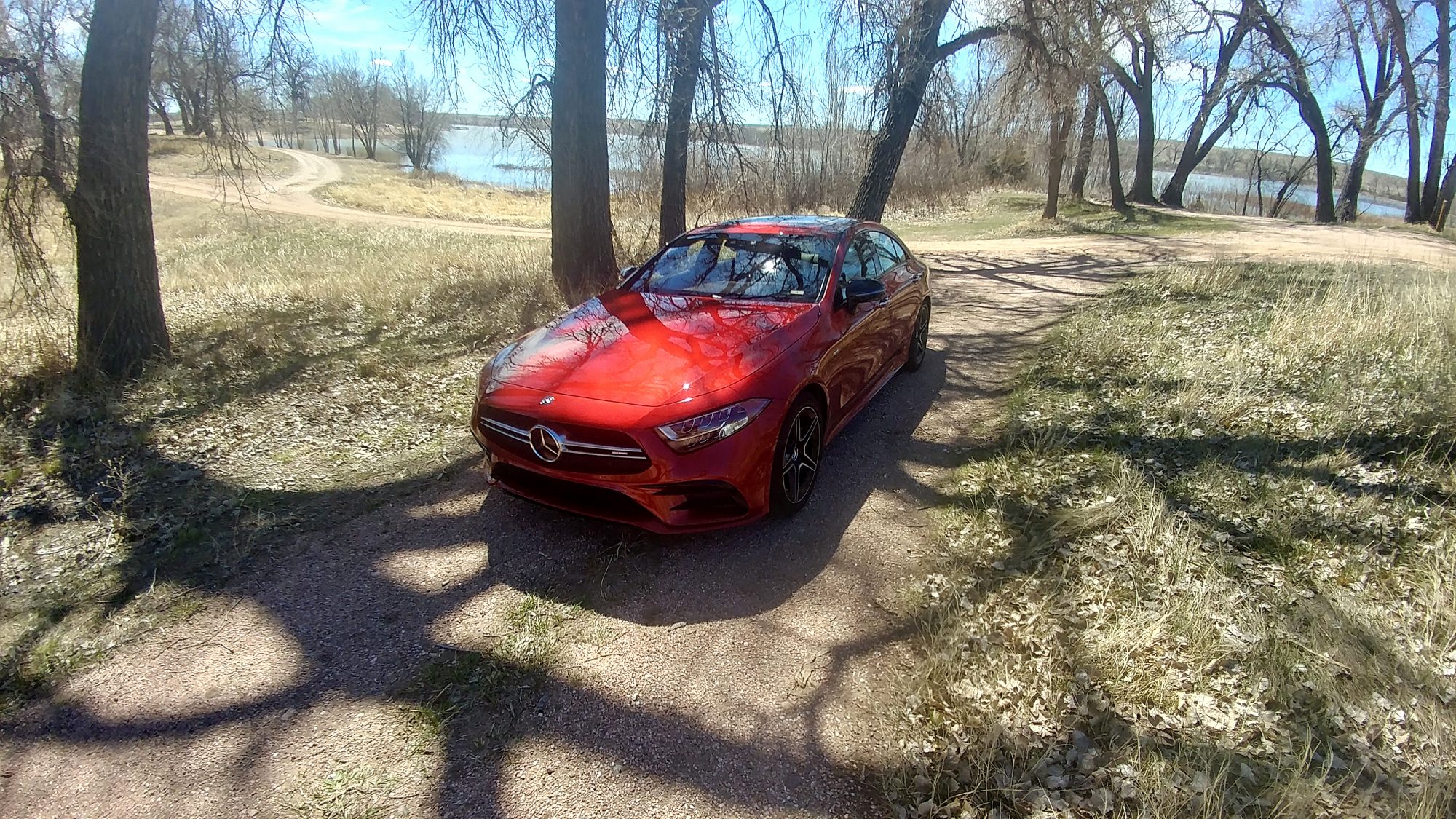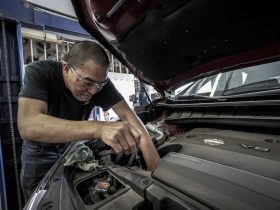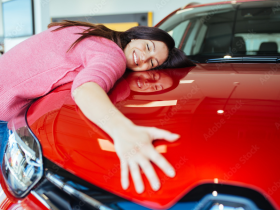Car window tints help reduce glare on the road, making it easier to navigate in bright conditions. It also helps prevent eye strain. Tinted windows are a wise investment for drivers. They can reduce interior cabin heat on hot summer days, reducing dependency on air conditioning that drains the fuel tank.
Blocks Infrared Light
Infrared radiation accounts for most of the sun’ssun’s solar heat. Window tints are designed to reject this heat, keeping the inside of your car more relaxed and more comfortable for you and your passengers. Protect your interior and increase privacy with car window tinting designed to reduce the strain on your air conditioning, allowing you to get more out of every gas tank. Another safety benefit of car tint is that it prevents people from seeing into your car, making it harder for thieves to know what you have in the back seat. It can help you avoid putting valuables in plain view for thieves to grab and can even protect your children or pets. Furthermore, high-quality tints’ ceramic film helps filter out UV rays, which, over time, can cause skin cancer and other health issues.
Keeps Your Car Cool
While many aftermarket modifications can improve the value of a car, only a few can do so while offering functional benefits like heat rejection. Window tinting provides both, and many types even offer properties that increase safety and privacy! Window tinting helps keep your car cool by reflecting some of the sun’s infrared radiation. Metalized and ceramic tint films also have glare-reducing capabilities. It can help drivers see the road ahead without turning on their high beams. Additionally, when you don’t need to run the air conditioning as much, your car’s engine will have less work to do. It can help to extend its lifespan. Lastly, using the air conditioner less frequently will decrease fuel consumption, which is better for the environment and your wallet!
Increases Value
Window tints enhance the aesthetics of a vehicle, boosting its value. However, this feature only works if it is properly maintained. Window tints must not be left in direct sunlight for extended periods and should never be exposed to freezing temperatures. Car window tinting can also help keep your belongings safe from thieves. Tints make it difficult for outsiders to see inside your car. It makes it hard to spot valuable items and reduces temptation. Cleaning your window tint regularly with a glass cleaner and lint-free cloth is essential to maintain its best appearance. Eliminating any debris, dust, or fingerprints that might impede the application procedure will be beneficial. A squeegee is also advised to apply the window tint evenly and without air bubbles.
Blocks UV Rays
Using the correct tint film helps prevent UV rays from entering your car. These rays can cause leather seats and dash surfaces to crack over time and damage passengers’ skin. Tinting your windows can help protect you and your family from these harmful rays and keep your vehicle’s interior cool. Depending on the window tint grade, you can block 99% of the sun’s UV rays. These rays can cause cancer and skin issues, including sunburns, cataracts, and aging. Various tint films are available, from dark metallic tints to crystalline tints that are metal-free and can reduce glare without a dark appearance. Even specialized safety films have a stronger adhesive, making breaking the glass harder in an emergency.
Increases Safety
With tint, passersby can’t see inside your car. It makes your belongings much less of a target to thieves and vandals. Tinted windows also discourage people from attempting to break into your vehicle and are much harder to scratch than standard glass. During a break-in, window tint binds broken glass together so it can’t fly off and injure people. It can also protect you from cuts if you get hit by shattered window fragments during an accident or collision. Tinted windows also help to increase the value of your car. They are more aesthetically pleasing and provide numerous benefits that potential buyers will want to consider when buying. It includes reducing the need for air conditioning, saving money on fuel, and slowing the fading of expensive seating fabrics.







